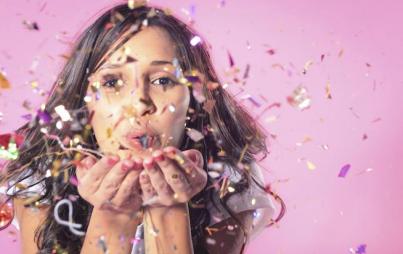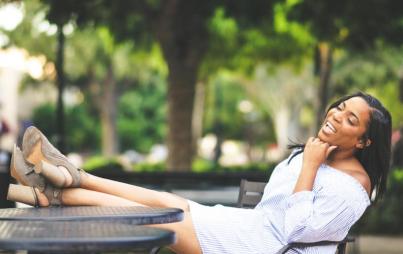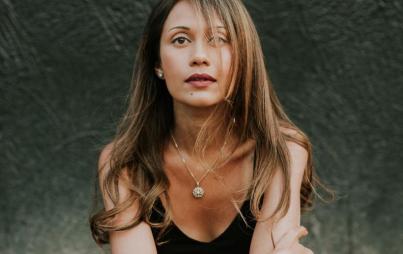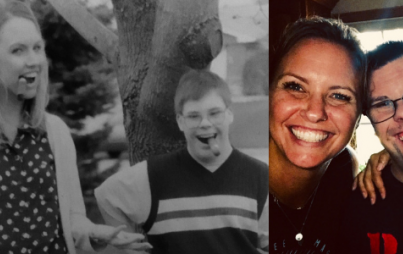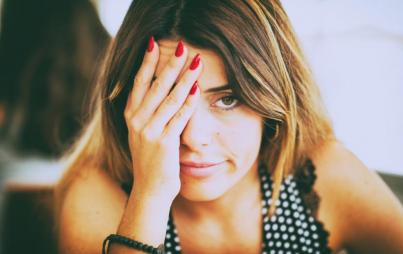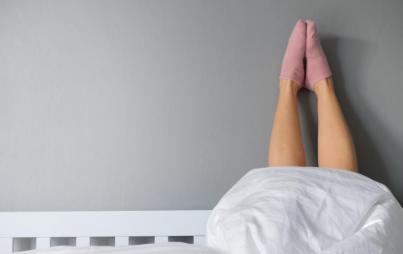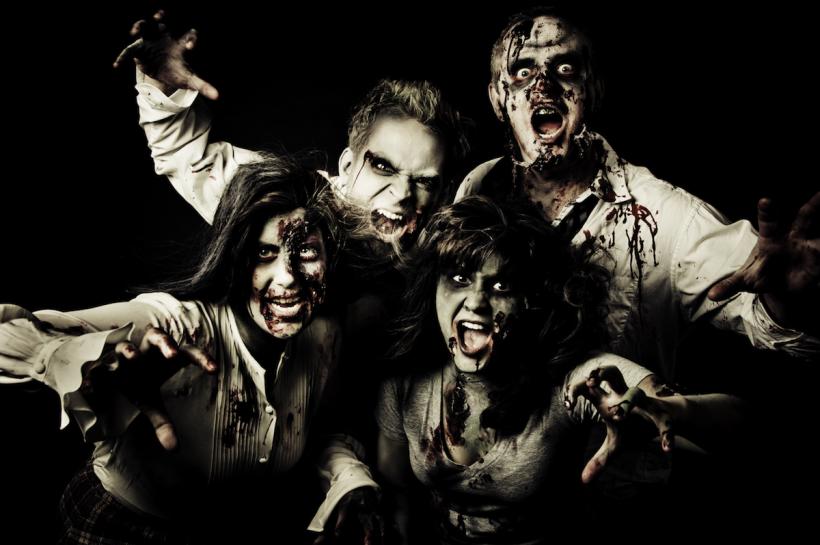
By the end of the first haunted house rehearsal, I knew the job would truly test my abilities to carry my body and voice well.
Before I became a haunted house performer, I thought having my face touched was one of the creepiest things imaginable. But it wasn't the eerie set music or the beheaded baby dolls that changed my definition of scary.
It was what went on in the green room.
Everyday before rehearsal or a show, the other haunted house performers and I crammed into a tiny building normally used for pool maintenance supplies. In the fall, our production company took over a large suburban park and filled it with props and characters fit for an Edgar Allan Poe story. In the month leading up to Halloween, the park was ours to reinvent for our most gruesome fantasies.
However, my love for the macabre was not the only reason I took a job at the haunted house. (Pay certainly didn't have much to do with it, as we didn't make much more than minimum wage.) I also took the job because of my intense desire to get over my stage fright and become more comfortable with my body.
Body confidence was not a childhood strength of mine. If anything, it was one of my worst weaknesses. As a biracial, multiethnic person who grew up in a fairly homogenous neighborhood, I didn't fully appreciate my "mutt" features until about halfway through college. Because of this, I didn't like anyone but my closest friends and family touching me.
Touching me meant acknowledging me and I didn't want attention for anything except my art and writing.
I would've lunged at the chance to become invisible. When we first started dating, it even took me a while to warm up to my now-husband kissing me.
Before I came to the haunted house, I shuddered at any contact most people made with my face. At the haunted house, the make-up artists praised the features I had loathed.
My poor body confidence included a dislike for my voice, too. I grappled with years of speech therapy as a child and really had to force myself to practice long and hard for poetry and oratory contests as a teen.
By the time I got to college, I was fairly adept at delivering lines that I had rehearsed, but I still didn't trust myself to talk in everyday or improv situations. What if I stuttered? What if I suddenly couldn't pronounce the letter 'r' again?
You might think that speech wouldn't matter at a haunted house, but the haunted house where I worked was no amateur endeavor. It was an established company run by a couple with theatre experience. They wouldn't have us wear garbage bags and shout 'Boo!' like you see performers do at so many neighborhood haunted houses.
The producers held auditions every year and those who made the cut were expected to memorize lines and be ready to improvise. We never knew when drunk audience members would come through the attraction or when we'd have to respond to children's inquiries about what was "real" and what was "fake."
By the end of the first haunted house rehearsal, I knew the job would truly test my abilities to carry my body and voice well. I needed to control my facial expressions, the way I stood, and how I projected my character's strange whispers and frightening screams.
I also had to accept that passersby were going to touch me. They weren't supposed to touch me, but it would inevitably happen if I startled someone.
But there was one place where getting touched was definitely supposed to happen and that was in the green room. All of the haunted house characters required a lot of make-up and that was not make-up I quite knew how to apply myself. It was too advanced for the girl who wore drugstore eye shadow and Lip Smackers. So I had to show up extra early to have one of the make-up artists do my make-up for me.
Before I came to the haunted house, I shuddered at any contact most people made with my face. At the haunted house, the make-up artists praised the features I had loathed.
They liked that my lips were full—all the better for wearing lipstick and a maniacal grin.
They liked that my eyes were dark, nay, "mysterious" and "expressive."
They liked my nose because it "fit my face."
They liked my freckles and beauty marks and compared them to a constellation.
If they noticed any stray facial hairs, they didn't mention it. And my complexion was "healthy," though they did encourage me to embrace it and perhaps not worry so much about tanning. (I wish I could say that my dislike of tanning was all about avoiding premature aging, but there were definitely some racially-tinged, post-colonial fears there.)
Suddenly, my face became something I could fully own and inhabit.
When other people touched my face, it wasn't an unpleasant reminder of what my face wasn't. It was a pleasant reminder of what my face was: a representation of my heritage, of my ancestors and their many stories, of the woman I was and the woman I would become.
As for my relationship with voice? I was finally able to control it because I had found it.



